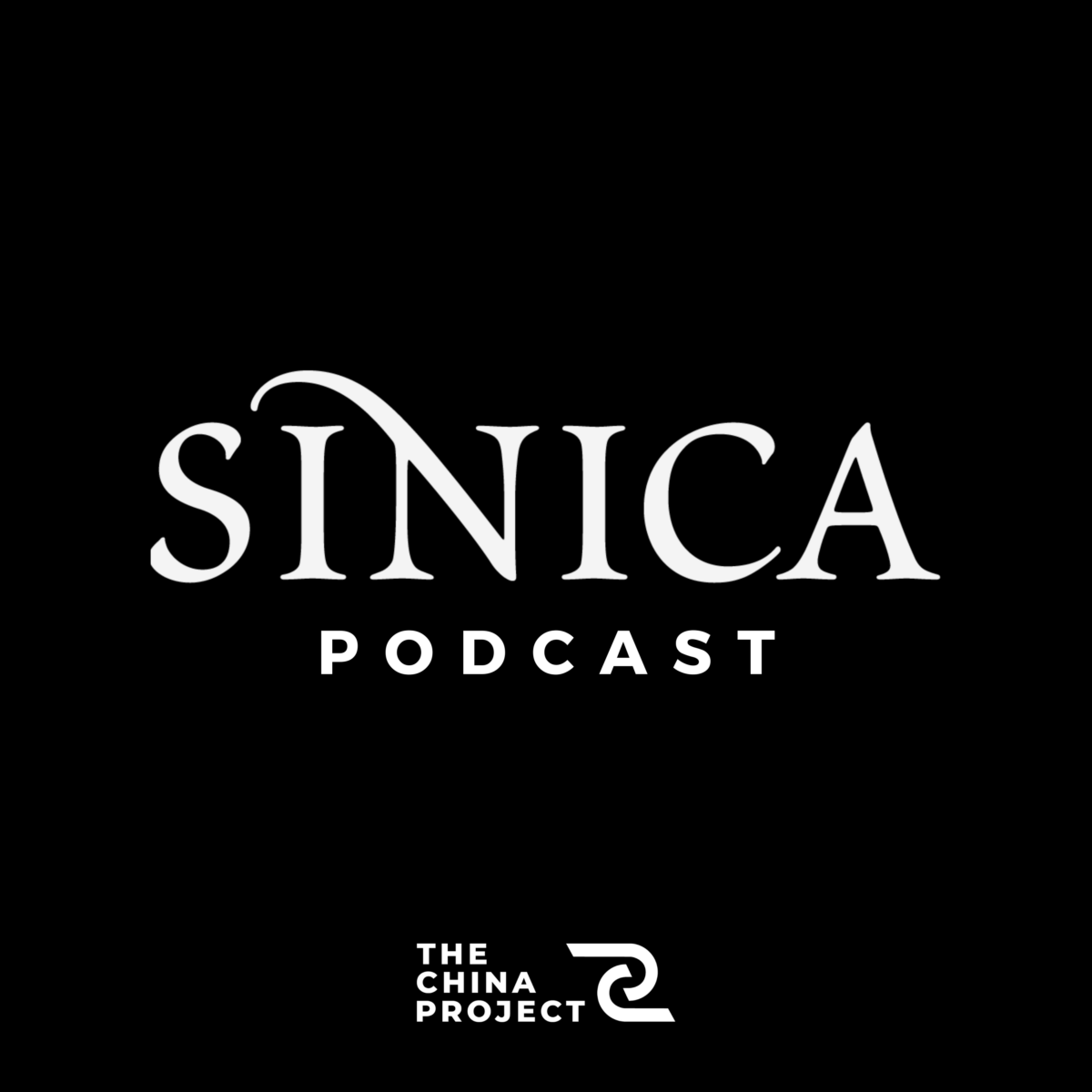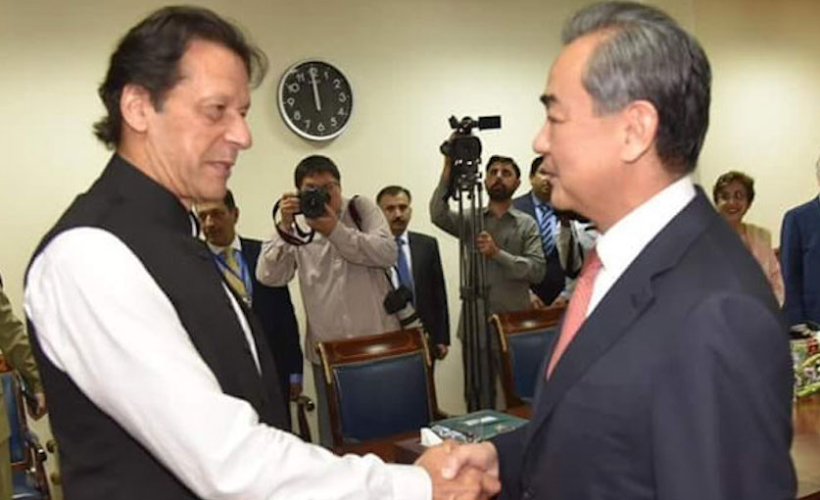This week, Kaiser and Jeremy chat with Andrew Small, senior transatlantic fellow at the German Marshall Fund in Washington, D.C. Andrew is one of surprisingly few scholars with specialized experience researching China’s relations with what it calls its “all-weather friend” — Pakistan. His book from 2015 on the subject is titled The China-Pakistan Axis: Asia’s New Geopolitics.
Kaiser, Jeremy, and Andrew discuss how Sino-Pakistani ties have been impacted by the recent election of Imran Khan to prime minister, Pakistan’s economic difficulties, and the numerous projects that comprise the China-Pakistan Economic Corridor, or CPEC – one of the most important components of China’s Belt and Road Initiative.
Recommendations:
Jeremy: What3Words, a startup that has divided the entire world into a grid of 57 trillion squares, each of them three meters by three meters (9.8 feet), and assigned each square a three-word address, generated randomly by computer. Improving.shrimps.legal, for instance, is located just south of the Chairman Mao portrait at Tiananmen in Beijing. Read more about the system and its implications for developing countries and China on The China Project.
Andrew: Two alternative views on how an economic “decoupling” of the U.S. and China could happen, other than the tariff-driven trade war path currently being taken. First, “Trump thinks a trade war with China is the only option, but it’s not,” a piece by Dan Rosen in Foreign Affairs, and second, “Jennifer Hillman testifies on addressing Chinese market distortions,” where the Georgetown Law professor lays out before the U.S. Senate in early June how litigation could be brought before the World Trade Organization to address grievances against China.
Kaiser: Command and Control: Nuclear Weapons, the Damascus Accident, and the Illusion of Safety, by Eric Schlosser.
This podcast was edited and produced by Kaiser Kuo and Jason MacRonald.








